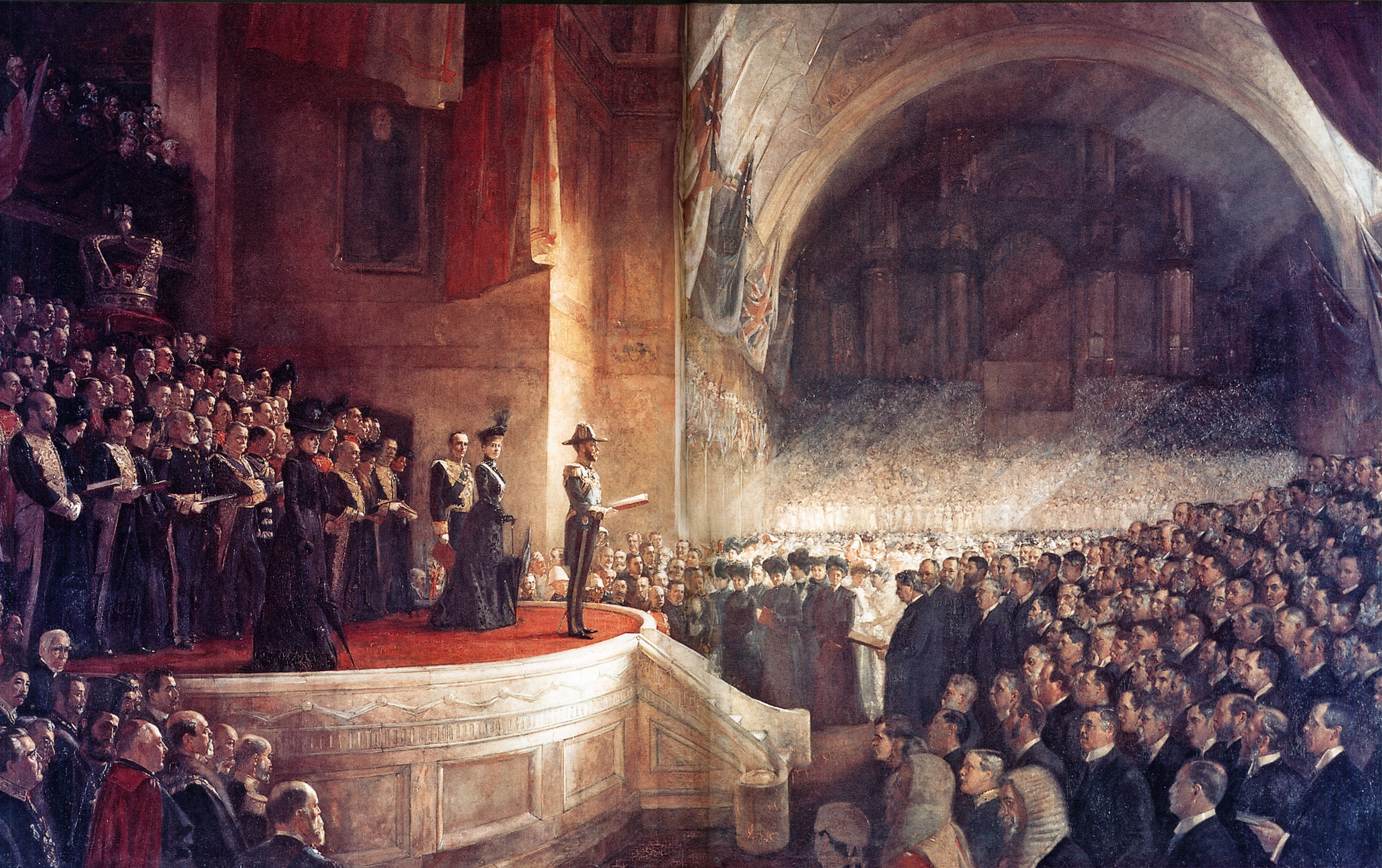 “Earlier cultural elites – Periclean Athens, Augustan Rome, Renaissance Florence, Elizabethan England, 17th-century France, etc. – also often allied with the state, but the state in those regimes was not bureaucratic but a personal despotism of one kind or other, and neither the elites nor the despots employed themselves in the destruction of the culture of the peoples they ruled. Today, however, all elites typically assume bureaucratic forms, not only because bureaucracy provides the most efficient means yet invented for organizing power but also because, lacking any deep support or roots in the civil society, today’s cultural elites have no other organisational basis for their power. Unable to peddle its garbage on the market, incapable of duping or flattering wealthy patrons into supporting it, and despising the prospect of working for a living like everyone else, the cultural elite has no other recourse but to rely on bureaucratic mechanisms to sustain itself, its privileges, its productions and its power.”
“Earlier cultural elites – Periclean Athens, Augustan Rome, Renaissance Florence, Elizabethan England, 17th-century France, etc. – also often allied with the state, but the state in those regimes was not bureaucratic but a personal despotism of one kind or other, and neither the elites nor the despots employed themselves in the destruction of the culture of the peoples they ruled. Today, however, all elites typically assume bureaucratic forms, not only because bureaucracy provides the most efficient means yet invented for organizing power but also because, lacking any deep support or roots in the civil society, today’s cultural elites have no other organisational basis for their power. Unable to peddle its garbage on the market, incapable of duping or flattering wealthy patrons into supporting it, and despising the prospect of working for a living like everyone else, the cultural elite has no other recourse but to rely on bureaucratic mechanisms to sustain itself, its privileges, its productions and its power.”
▪ Sam Francis, “National Endowment for the Arts” in Shots Fired (Fitzgerald Griffin Foundation, 2006) extract from page 119.




Be the first to comment on "Quote of the Week: Sam Francis, “Shots Fired”"